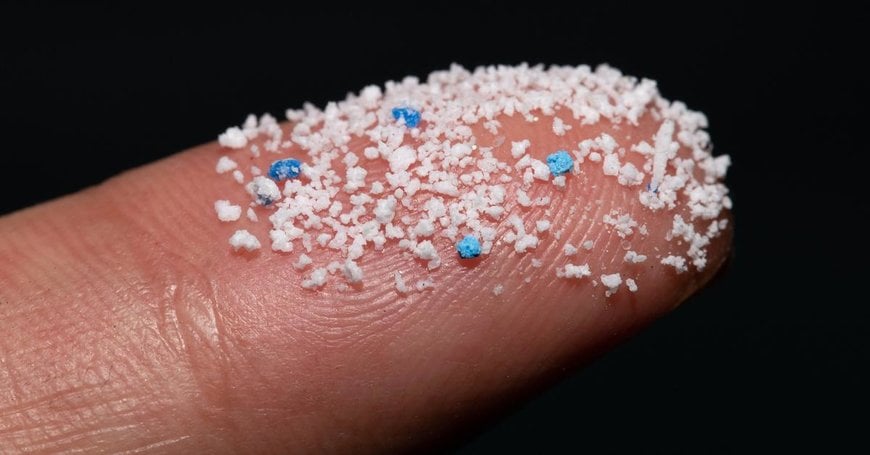www.magazine-industry-usa.com
22
'21
Written on Modified on
Partnership set to tackle microplastics in additives
Biopolymer specialist to begin work with major manufacturer to develop sustainable alternative to microplastic additives for waxes, coatings, cosmetics and more.

Biopolymer specialist Teysha Technologies has partnered with a major North American multinational additives manufacturer to begin joint testing and optimisation on a range of Teysha’s materials with a focus on developing alternatives to petroleum-based microplastics. The agreement will see the company begin application testing of Teysha Technologies’ second generation natural environmentally friendly biopolymers “AggiePol” and newly developed polymer lines.
Although some details of the agreement must remain undisclosed for commercial reasons, Teysha Technologies will work with the North American additives manufacturer on the potential to replace microplastics in a wide variety of real-world applications such as dyes, paints, inks, exfoliants, emulsions, waxes, lubricants, coatings and glosses among others. This will also tie in with Teysha’s continuing work with global cosmetics customers to develop sustainable replacements for microplastics in their product lines.
The company has been focused on expanding its technology platform, offering a range of polymers with multiple applications and solutions to industry depending on end-use requirements for specific product lines.
“We’ve known since 2018 that 13m tonnes of plastic reach our oceans each year and more recently that microplastics ingested by marine life are already entering the commercial food supply,” said Matthew Stone, Managing Director of Teysha Technologies. “This partnership represents our continued commitment to focus on developing earth-friendly and natural alternatives to eliminate microplastics from our waterways.”
Earlier this month, the European Union and other countries called for negotiations towards a legally-binding agreement to reduce plastic pollution, including the microplastics infesting oceans and waterways. Ministers attending a conference in Geneva, hosted by the UN Environment programme UNEP, were presented with a draft resolution stressing the urgent need to address the global crisis. UNEP has warned that “our planet is drowning in plastic pollution,” with the world today producing some 300m tonnes of plastic waste every year.
Following years of research, development and testing, Teysha Technologies’ biopolymer offers a viable substitute for petroleum-based polycarbonates. In Teysha’s plug and play technology, the monomers and comonomers, the natural building blocks that make up conventional plastic, are derived from natural sources like starches and agricultural waste products instead of hydrocarbon-based petrochemicals.
In the last few months Teysha has made advances to its original AggiePol bioplastic platform, through the development of a series of materials that exhibit tuneable thermal properties.
“AggiePol now provides for variable solubilities, thermal transition temperatures and mechanical behaviours,” explained Professor Karen Wooley, Chief Technology Officer at Teysha Technologies. “This allows the materials to be used as additives or neat plastics in applications ranging from additives, personal care and cosmetic products to personal protective equipment, plastic packaging and engineering plastics.
“This means we can tune the biopolymer according to individual application requirements to operate and then break down under specific environmental and thermal conditions, a critical benefit compared with conventional plastics, that can persist in the environment for thousands of years.”
www.teyshatech.com

